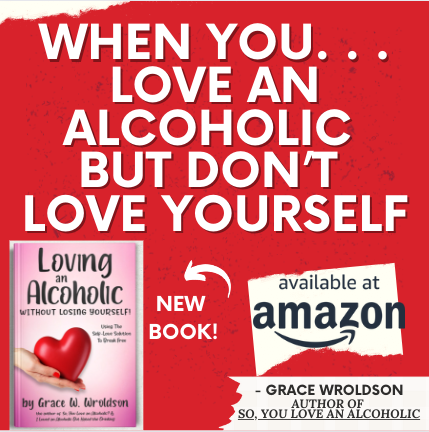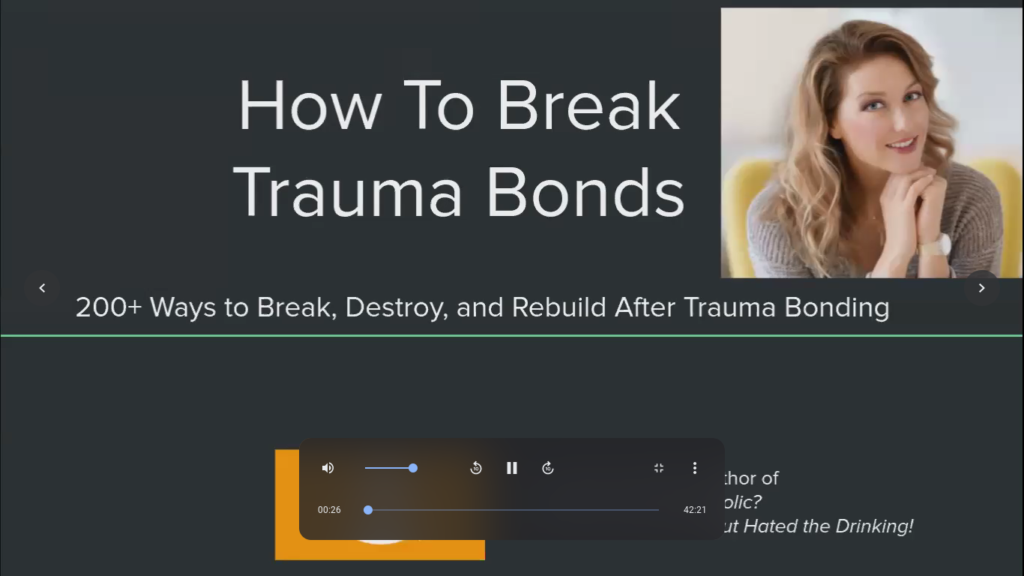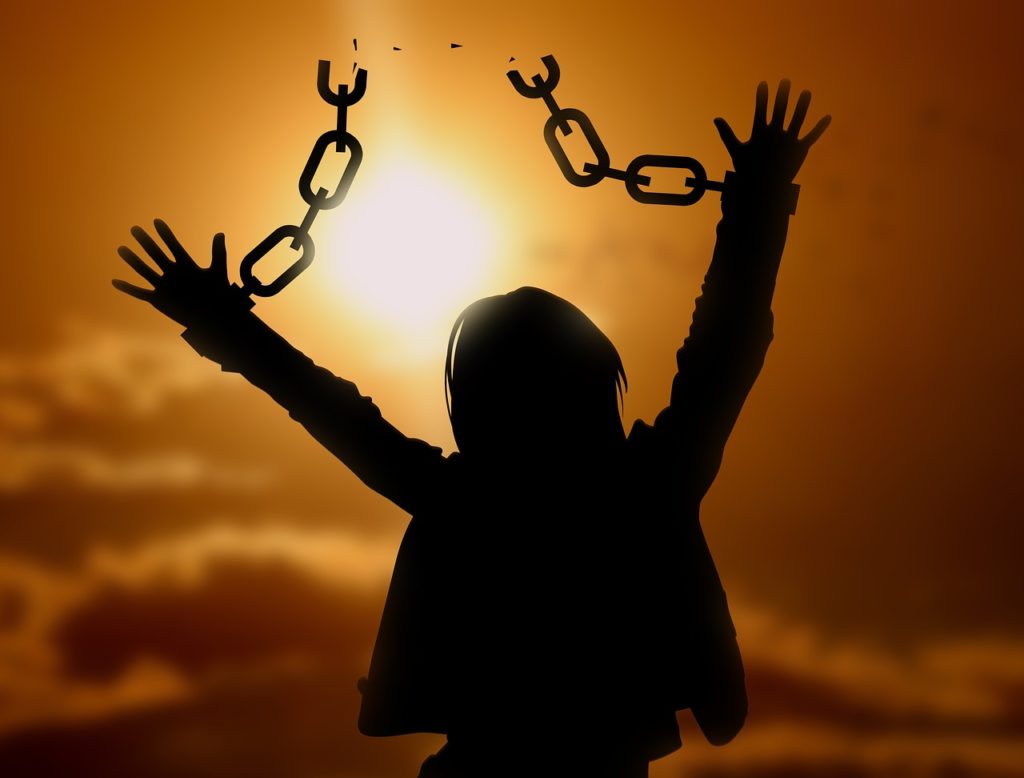How Do You Love An Alcoholic WITHOUT Losing Yourself?
Do you love an alcoholic?
Q: Are you abandoning yourself to be able to love him?
Each day we have choices—even in love. But, as codependents, we often need daily reminders to make choices that prioritize ourselves. We come to realize it’s our responsibility to help ourselves heal from all we have suffered in an alcoholic-codependent relationship.
Let this book be your guide back to healing and wholeness. Read and wee how self-knowledge is power, and freedom is the gift we give ourselves.
From Grace's survivor wisdom, be inspired to courageously place yourself in the center of your own life.















